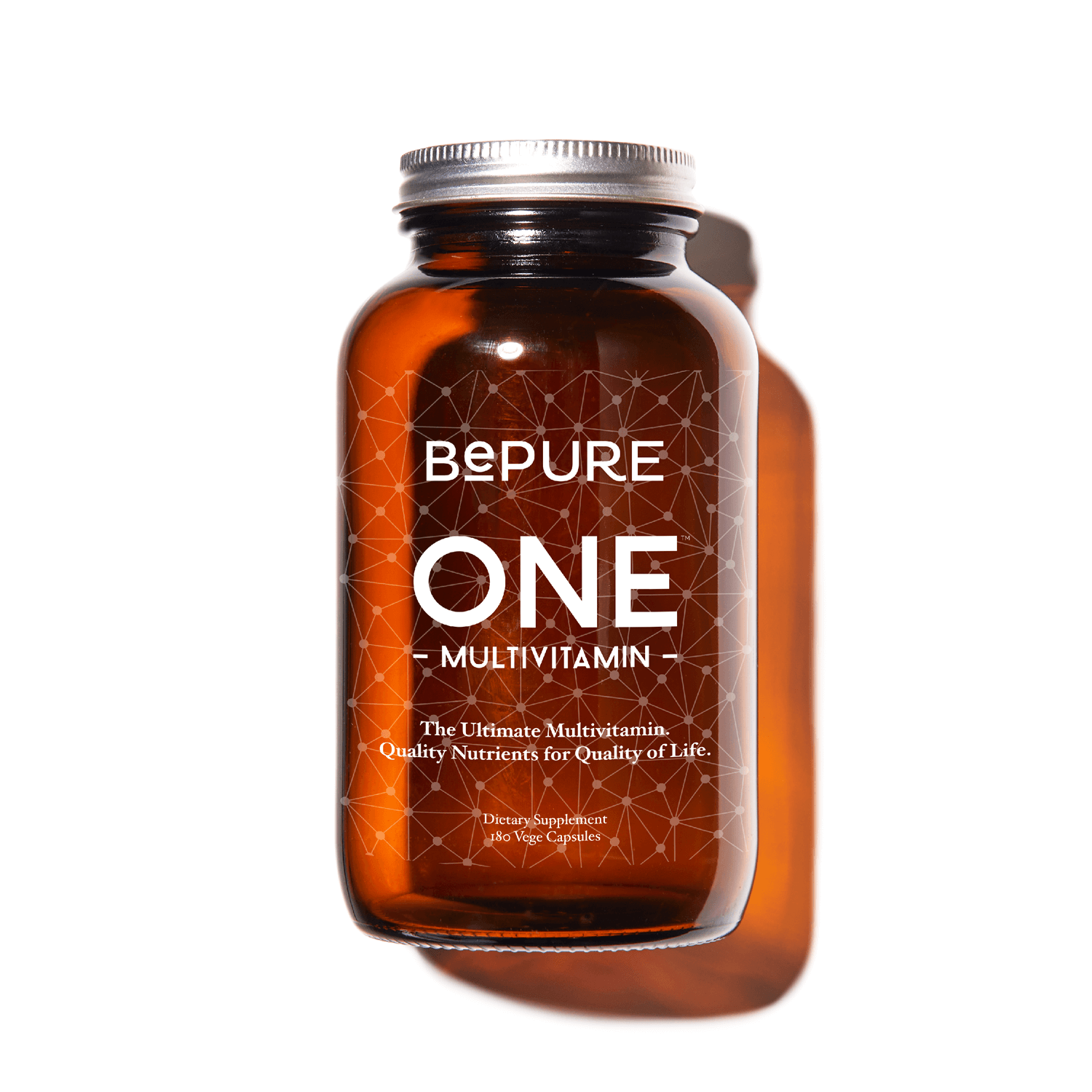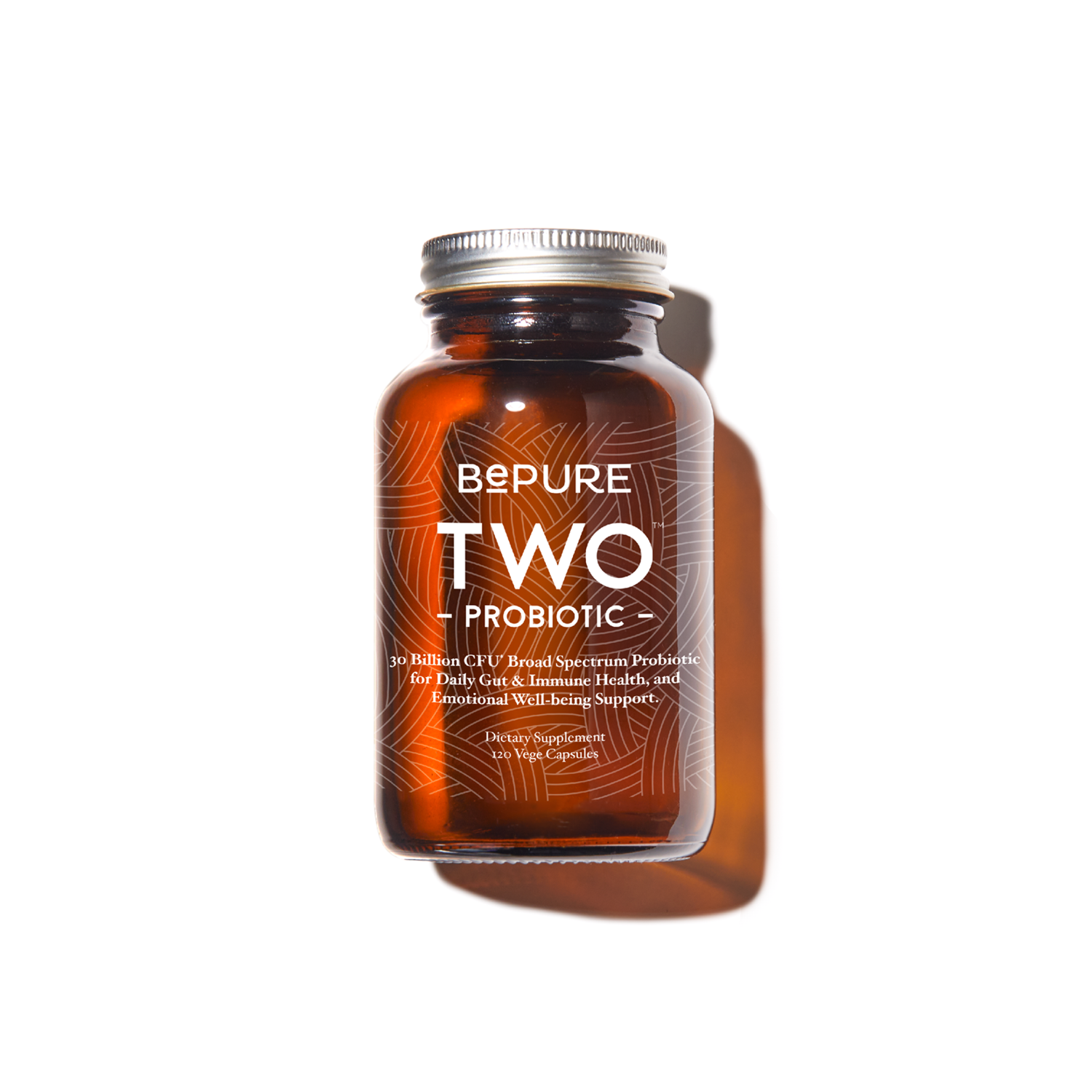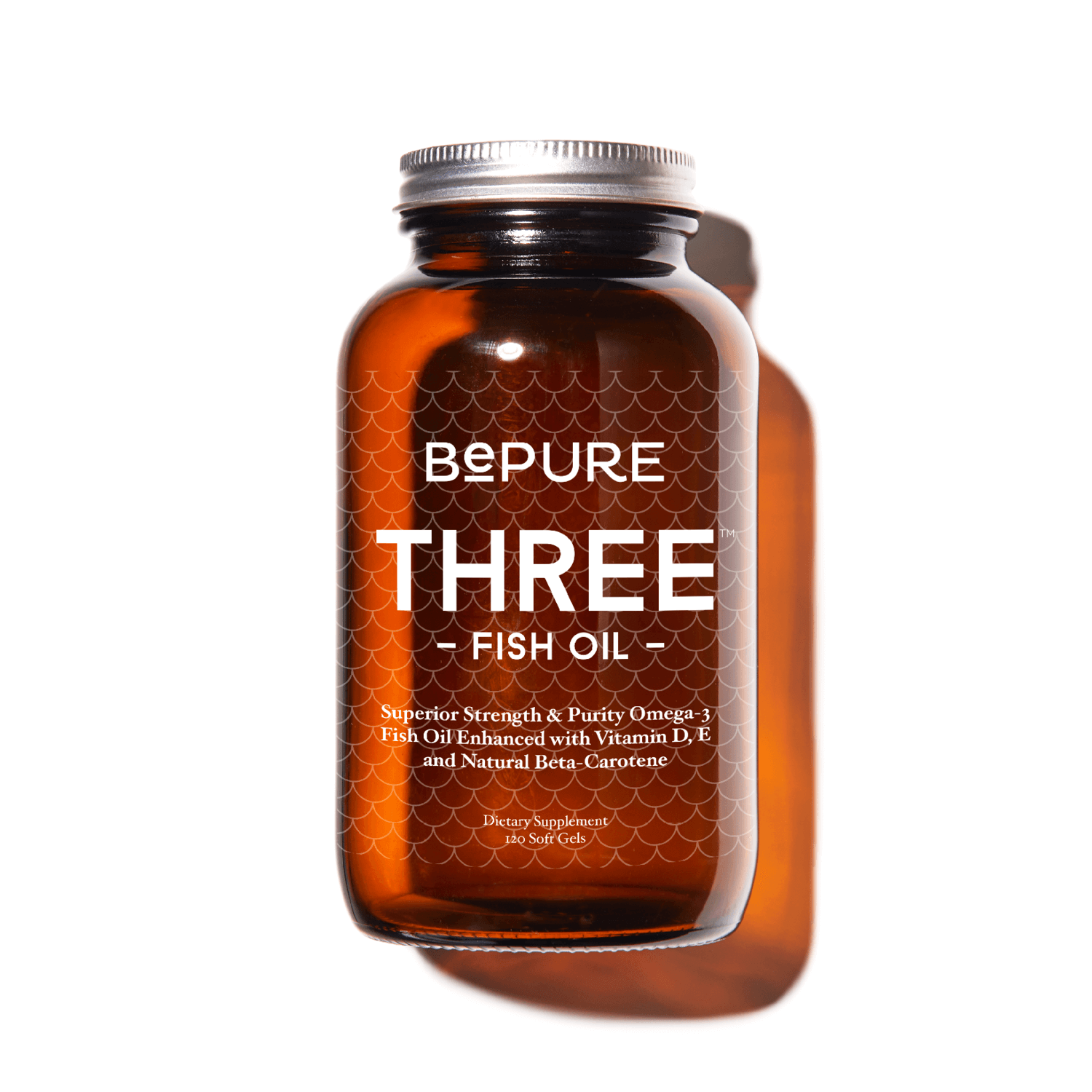You would have noticed kombucha, sauerkraut, kimchi and coconut yoghurt making their way to supermarket shelves in the past couple of years. These gut-loving foods are becoming popular on the mainstream stage and for good reason; it is a health buzz that benefits the world of the human microbiome.
"It is a health buzz that benefits the world of the human microbiome."
Your microbiome is the community of living microbes, including beneficial bacteria (and non-beneficial bacteria) in your gut. It's important your gut bacteria are balanced in favour of the beneficial type, so they can provide the many benefits that support your optimal digestion and health. This requires a nourishing environment. These beneficial bacteria even make some nutrients for us, as well as protecting us from more pathogenic species of bacteria.
“It's important your gut bacteria are balanced in favour of the beneficial type, so they can provide the many benefits that support your optimal digestion and health."
What are prebiotics and probiotics and how do they work together?
Probiotics, specifically, refer to beneficial bacteria, while prebiotics are the foods that feed the beneficial bacteria living in our intestines. So, firstly it is important that we foster the right strains of bacteria, either in or passing through our gut. Secondly, it is equally important that we feed these beneficial bacteria with the right probiotic foods to keep them healthy.
“Probiotics, specifically, refer to beneficial bacteria, whereas prebiotics refers to food that feeds the beneficial bacteria living in our intestines.”
Estimates state that we have ten times more bacterial cells living in our body than human cells. When you think about it, you are more bacteria than you are human! Therefore you need to ensure you are hosting the right bacteria and also feeding it the right foods to survive and thrive.
“When you think about it, you are more bacteria than you are human!”
Are you getting enough prebiotics in your diet?
To provide your gut with exactly what it needs for your gut bacteria to thrive, it’s helpful to add in more prebiotic foods such as;
- Garlic (raw)
- Onions (raw)
- Artichoke
- Sweetcorn
- Watermelon
- Nectarines
- Millet
- Cashews
But… the powerhouse of prebiotics are legumes;
- Lentils
- Beans
- Chickpeas
It is worth keeping in mind that without proper digestion, our body will not be able to break down food into small enough pieces or ‘prebiotics’ that your bacteria can use as fuel. If you have any trouble digesting food, I highly recommend adding in digestive enzymes to support optimal digestion. If you suspect you might have trouble digesting food, have a read of last week’s blog about how to support digestive enzymes production.
Once you have started working on building up healthy levels of digestive enzymes, it is the perfect time to start adding in prebiotics. These can then break down easily and feed our beneficial bacteria to support your optimal gut health. Not doing this first may cause bloating and indigestion as your digestion has trouble breaking down these foods.
NOTE: Be aware as you increase your consumption of prebiotics, that excess gas production can be a side effect until your microbiome gets up to speed with your new diet.
Taking a closer look at your bacteria
We have an estimated 100 trillion bacteria within our digestive system and they are completely integrated into our immune system. They make a lot of our metabolites, vitamins, precursors to neurotransmitters, modulate the immune system and turn on and off gene expression. Clever bacteria that are so vital to our health!
“We have an estimated 100 trillion bacteria within our digestive system and they are completely integrated into our immune system.”
In the research, the benefits of probiotics are incredibly broad from the obvious, like assisting with the digestive system, to strengthening the immune system and even contributing to mood.
The list of known beneficial species of bacteria is growing by the week. You may have heard of some of the common ones like lactobacillus acidophilus, the beneficial bacteria that are associated with yoghurts. Many fermented foods contain a variety of beneficial bacteria (and yeasts) hence it is often beneficial to try and consume a variety of these foods on a daily level to keep up species numbers, their diversity and support a happy, healthy microbiome.
Let’s take a look at how our upper digestion can affect our balance of beneficial and non-beneficial bacteria. Low stomach acid (usually due to zinc deficiency) and a lack of digestive enzymes can result in the pH of our intestines being out of balance. When your pH isn’t at the right levels, it provides an ideal environment for our non-beneficial bacteria and may allow them to even grow in the wrong place.
Why is it important to add in probiotics?
Unfortunately, our modern diet and environment, with its added toxins, stress levels and processed foods, have impacted our microbiome in a significant way. Our digestive tract is now lacking in the diversity and numbers of bacteria that support us living with optimal health. We then find ourselves in trouble, as our beneficial bacteria and non-beneficial bacteria are out of balance.
Sugar is a major culprit in the modern diet. Non-beneficial bacteria feed on sugar and a diet high in sugar allows pathogen strains of yeast to overgrow.
Overuse of antibiotics in the modern world. Antibiotics definitely play a vital role to our health in the right circumstance, however, they also play a part in the impacting our microbiome. This is because they not only ‘knockout’ non-beneficial bacteria you’re trying to get rid of when you’re unwell, they also reduce the diversity and numbers of beneficial bacteria living in our intestines.
Doctor Natasha Campbell-McBride, is a gut health specialist and founder and author of the GAPS diet. “It can take up to four years to restore and rebuild the gut biome following a course of antibiotics,” she says.
"It can take up to four years to restore and rebuild the gut biome following a course of antibiotics," she says.
How can you add more probiotics to your diet?
Include a quality daily probiotic- Research shows the promotion of diverse beneficial gut bacteria with a quality daily probiotic is essential for supporting optimal digestion, nutrient absorption and ultimately our health and energy status.
Increase your daily intake of fermented foods- Fermented foods help restore the correct balance and diversity of beneficial bacteria in your gut. Fermented foods include:
- Sauerkraut
- Kefir
- Kombucha
- Yoghurt
- Kimchi
The truth of the matter is that we need both prebiotics and probiotics to have a healthy microbiome. It is a highly synergistic relationship, where you provide a home and resources for the bacteria and in return, they support your overall health and vitality.
Complete list of prebiotic foods:
Vegetables
- Jerusalem artichokes
- Chicory
- Garlic
- Onions
- Leek
- Shallots
- Spring onion
- Asparagus
- Beetroot
- Fennel bulb
- Green peas
- Snow peas
- Sweet corn
- Savoy cabbage
Fruit
- Ladyfinger bananas
- Custard apples
- Nectarines
- White peaches
- Persimmons
- Tamarillo
- Watermelon
- Rambutan
- Grapefruit
- Pomegranate
- Dried fruit (e.g.dates, figs)
Legumes
- Chickpeas
- Lentils
- Red kidney beans
- Baked beans
- Soybeans
- Breast milk
- Nuts
- Cashews
- Pistachios
- Grains
- Millet
- Quinoa
- Rye bread
- Potato
- Sweet potato
- Oats



